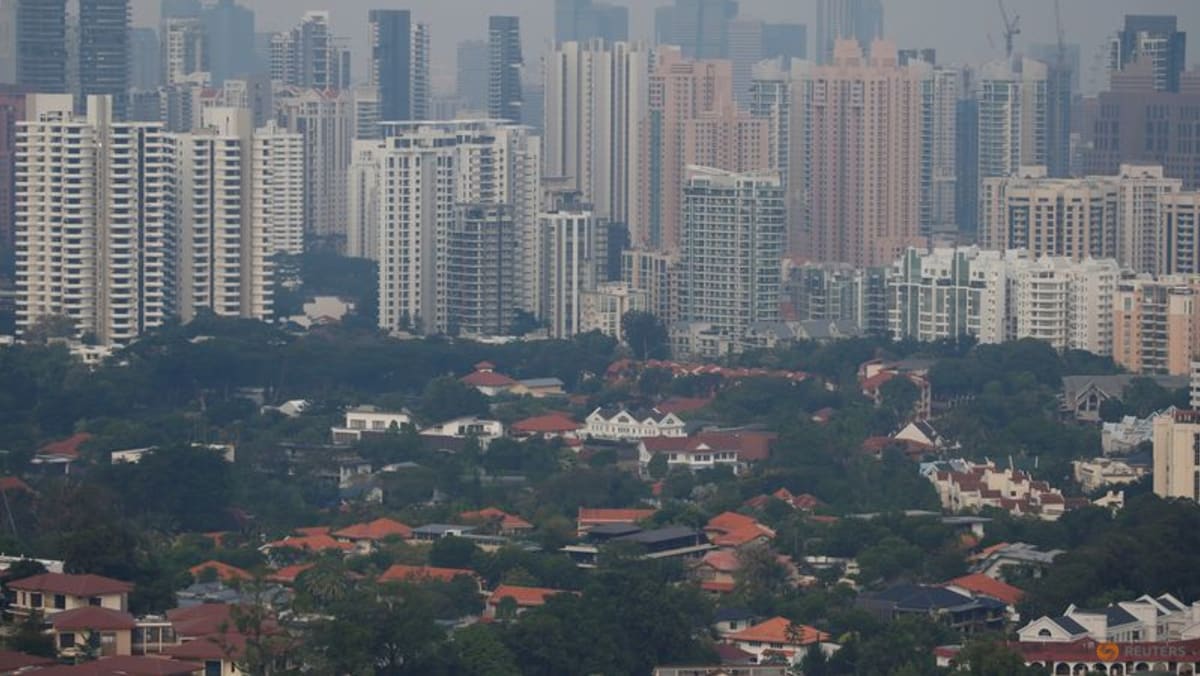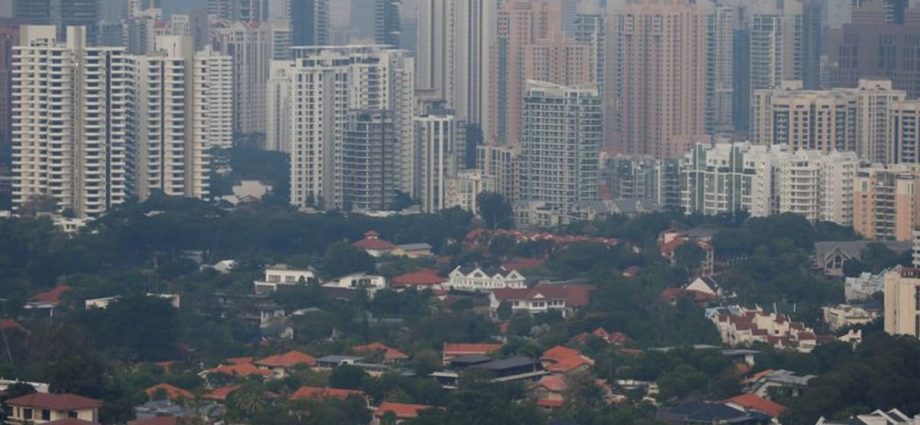
Last month, Minister for Sustainability and the Environment Grace Fu wrote on Facebook that the NEA has convened Singapore’s Haze Task Force to review and prepare its response in the case of transboundary haze.
“As a precaution, Singaporeans may wish to make preparations to protect your loved ones, such as by ensuring that you have an adequate supply of N95 face masks and your air purifiers are in good working condition,” she said.
The NEA’s haze microsite said portable air cleaners can be used to keep particle levels low in an enclosed space. A device with a higher clean air delivery rate can produce more clean air for a room.
Who is more vulnerable?
Children, the elderly, pregnant women and those with chronic lung or heart disease are more vulnerable, according to the NEA’s haze website.
When air quality is in the unhealthy range, people with chronic lung or heart disease should not engage in prolonged or strenuous outdoor physical activities. Children, seniors and pregnant women should minimise such exertions, while healthy individuals should reduce outdoor exercise.
In 2013, clinics and hospitals in Singapore said more people were seeing the doctor for haze-related conditions. Even those without existing medical conditions felt the effects of the haze, CNA reported at the time.
The PSI reading in Singapore hit 401 in June 2013, which is in the hazardous range where healthy individuals are advised to minimise going outdoors and vulnerable people should avoid outdoor activities.

